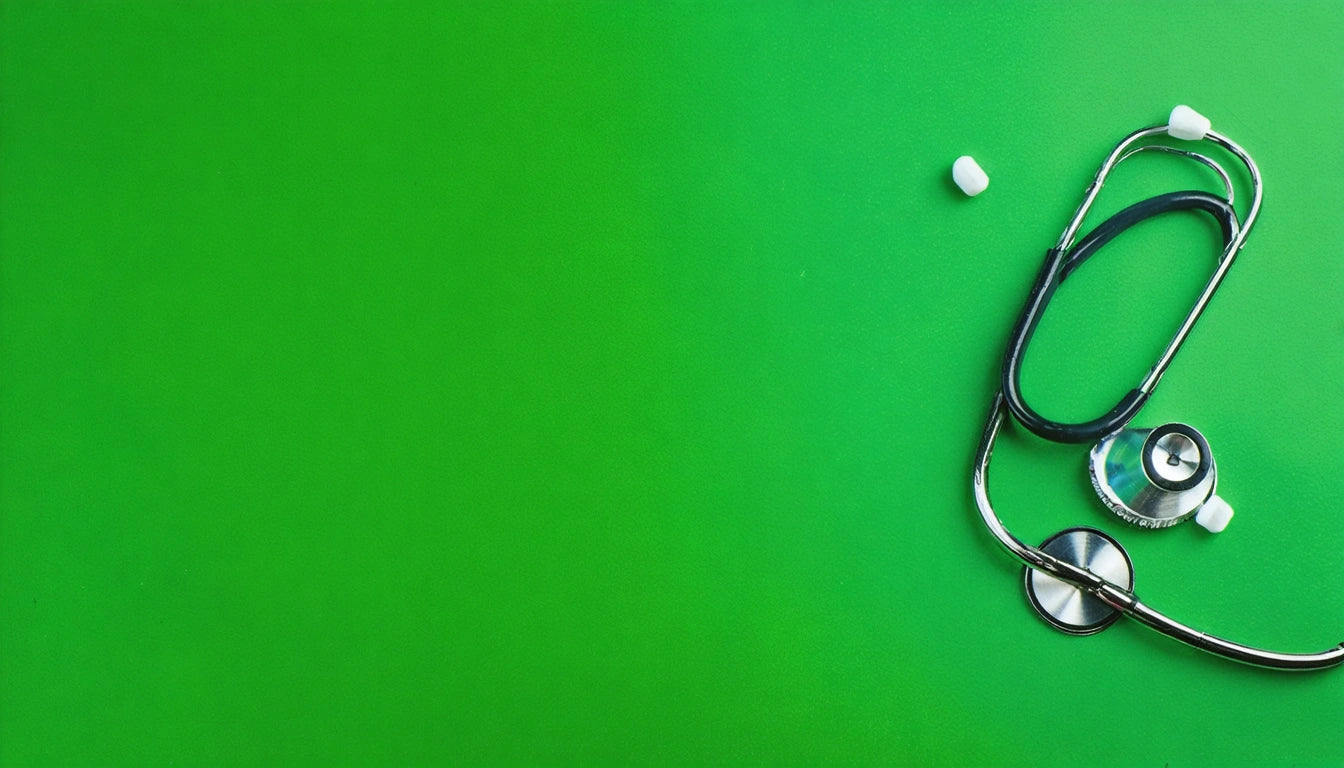Table of Contents
How THC Affects Heart Rate: Increasing or Decreasing?
The relationship between THC and heart rate is complex and often misunderstood. Cannabis consumers frequently question whether THC increases or decreases heart rate, and the answer involves multiple physiological mechanisms. Understanding these effects is crucial for both recreational users and medical patients concerned about cardiovascular impacts.
Immediate Cardiovascular Effects of THC
When THC enters the bloodstream, it typically causes an acute increase in heart rate. This tachycardia effect can raise resting heart rate by 20-50 beats per minute within minutes of consumption. The effect is most pronounced during the initial phase of intoxication and generally correlates with the subjective feeling of being "high."
This cardiovascular response occurs primarily because THC activates the sympathetic nervous system through cannabinoid receptors. As explained in an article about how THC works in the body, these receptors are found throughout the cardiovascular system and influence how our hearts respond to cannabis.
Short-Term Heart Rate Increases
Research consistently shows that THC can make your heart beat fast in the short term. This effect typically manifests as:
- Increased heart rate (tachycardia)
- Slight increase in blood pressure initially
- Vasodilation (widening of blood vessels)
- Increased cardiac output
These effects are temporary for most users and generally subside as THC is metabolized. The question of whether THC raises heart rate in the short term has a clear answer: yes, it typically does.
Factors Influencing THC's Impact on Heart Rate
Several variables determine how THC affects an individual's heart rate:
1. Consumption Method
The method of consumption significantly influences how THC affects heart rate. Inhalation methods like smoking or vaping produce rapid increases in heart rate as THC quickly enters the bloodstream through the lungs. Edibles generally cause a delayed but potentially longer-lasting cardiovascular response as THC is metabolized through the digestive system.
For manufacturers working with various cannabis products, precision filling equipment for consistent dosing can help ensure consumers receive predictable amounts of THC, potentially leading to more consistent cardiovascular effects.
2. Individual Factors
Personal factors that influence how THC affects heart rate include:
- Tolerance level
- Age
- Pre-existing cardiovascular conditions
- Overall health status
- Concurrent medications
- Genetics
These individual differences explain why some people experience significant heart rate increases while others notice minimal changes.
THC Dose-Response Relationship
Does THC affect heart rate in a dose-dependent manner? Research suggests it does. Higher THC concentrations generally produce more pronounced cardiovascular effects. This relationship explains why high-potency cannabis products may cause more significant heart rate increases than those with lower THC content.
As detailed in an article about THC's impact on the bloodstream, the concentration of cannabinoids in the blood directly correlates with physiological effects, including heart rate changes.
Tolerance Development and Heart Rate Adaptation
For regular cannabis users, the question of whether THC increases heart rate becomes more nuanced due to tolerance development. Research indicates that frequent users often experience less pronounced cardiovascular effects over time as the body adapts to regular cannabinoid exposure.
This adaptation may explain anecdotal reports suggesting THC can lower resting heart rate in some long-term users. While acute administration typically increases heart rate, some studies suggest that long-term cannabis use might be associated with lower resting heart rates during non-intoxicated periods, though more research is needed to confirm this effect.
Medical Considerations for Cannabis Users
The question of whether THC raises or lowers heart rate has important medical implications, particularly for individuals with pre-existing cardiovascular conditions.
Potential Risks
For individuals with heart conditions, the temporary increase in heart rate and blood pressure could potentially pose risks. Those with:
- Coronary artery disease
- History of heart attack or stroke
- Arrhythmias
- Hypertension
Should consult healthcare providers before using THC-containing products. As discussed in an article about THC's effects on blood pressure, cardiovascular impacts extend beyond just heart rate.
Biphasic Effects
THC demonstrates biphasic effects on the cardiovascular system, meaning low and high doses can produce opposite results. While moderate doses typically increase heart rate, very low doses might produce minimal effects, and extremely high doses could potentially trigger parasympathetic responses that lower heart rate in some individuals.
This complexity is further influenced by other cannabinoids and terpenes present in cannabis products, creating what's known as the "entourage effect" that modifies how THC affects heart rate.
Research Perspectives on THC and Cardiovascular Health
Current research on whether THC lowers or increases heart rate continues to evolve. While the acute tachycardia effect is well-documented, long-term cardiovascular implications remain under investigation. Some studies suggest potential protective mechanisms through cannabinoid receptor regulation, while others highlight concerns about repeated cardiovascular stress.
Interestingly, THC's effects on metabolism and appetite, as explored here, may indirectly influence cardiovascular function through metabolic pathways as well.
For consumers concerned about THC's heart rate effects, several practical approaches may help manage cardiovascular responses:
- Start with low-dose products and gradually increase if needed
- Choose products with balanced CBD:THC ratios, as CBD may moderate some of THC's cardiovascular effects
- Stay hydrated before, during, and after cannabis use
- Avoid combining THC with stimulants like caffeine that independently increase heart rate
- Monitor personal responses and consult healthcare providers with concerns
As cannabis research advances, our understanding of how THC affects heart rate will continue to improve, providing better guidance for both recreational and medical users concerned about cardiovascular effects.











Leave a comment
All comments are moderated before being published.
This site is protected by hCaptcha and the hCaptcha Privacy Policy and Terms of Service apply.